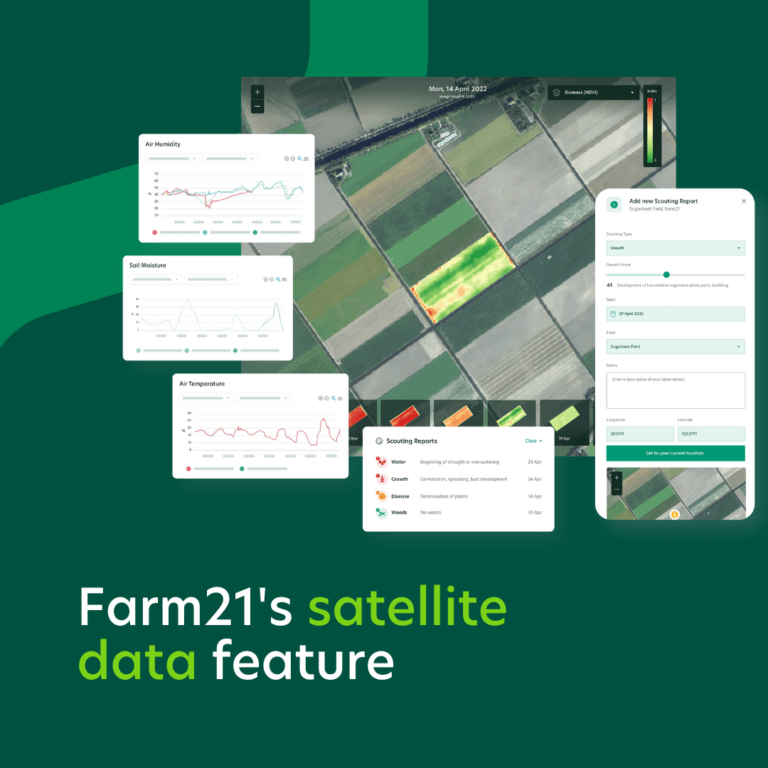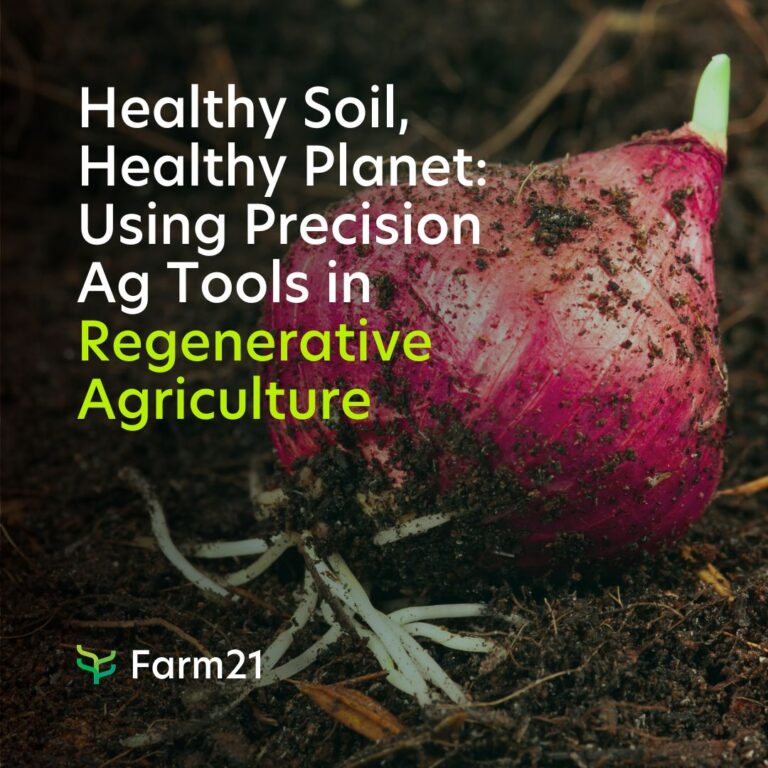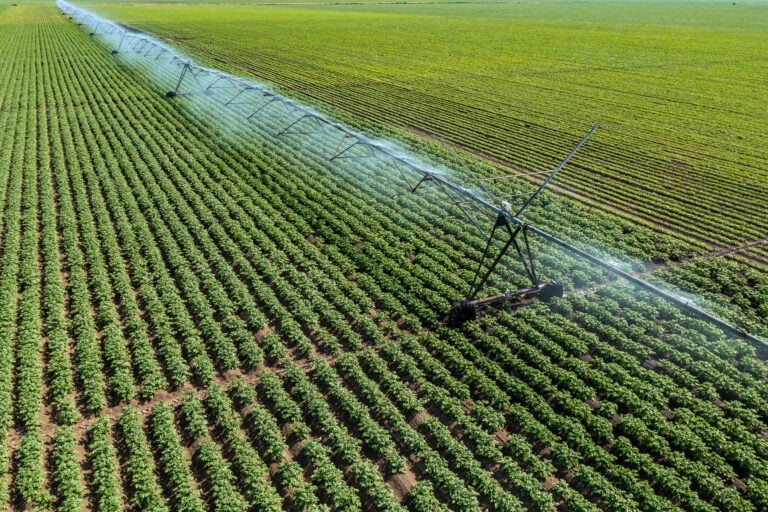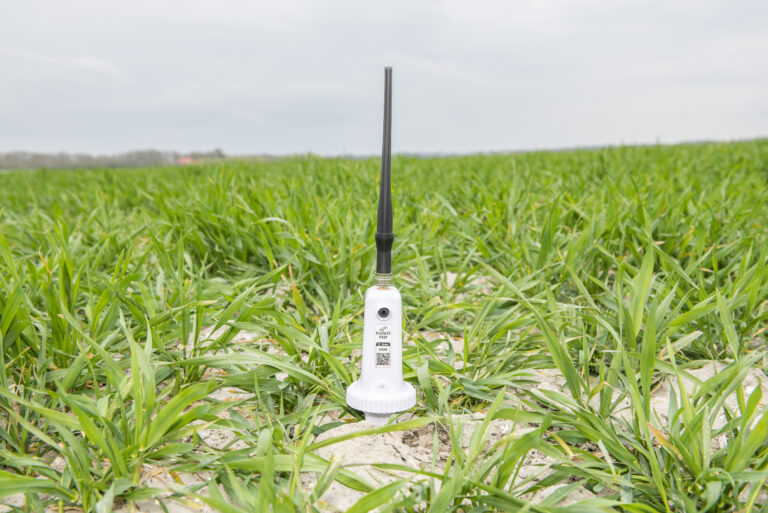Balanced Farming: Feeding The World and Sustaining the Planet

As the world’s population continues to grow, the demand for food is increasing rapidly. The current methods of food production are often unsustainable, with a knock-on effect that escalates issues like environmental degradation, social inequalities, and financial instability. To address this mammoth challenge, Farm21 shifts the focus to balanced farming, which involves producing food with the perfect balance and preservation of social, environmental, and financial factors.

Key facts about the current food production situation, and projections for 2050
- Population growth: The global population is expected to reach 9.7 billion by 2050, up from 8 billion in 2023.
- Food demand: The demand for food is expected to increase by 70% by 2050, due to population growth and changing dietary habits.
- Agricultural land: The amount of land available for agriculture is decreasing due to urbanisation, deforestation, and other factors. This means that farmers will need to produce more food using less or lower quality land.
- Climate change: Climate change is affecting agriculture in many ways, including increased droughts, floods, and extreme weather events. This can lead to crop failures and reduced yields.
- Food waste: Roughly one-third of all food produced globally is lost or wasted each year. This represents a significant waste of resources and contributes to food insecurity.
- Malnutrition: Despite producing enough food to feed the world’s population, around 690 million people are hungry and 2 billion suffer from malnutrition.
- Soil degradation: Around 33% of the world’s soil is already moderately to highly degraded due to erosion, nutrient depletion, and other factors. It is estimated that if current trends continue, the world’s topsoil could be completely depleted within 60 years.
To address these challenges, it is essential that we invest in sustainable agriculture practices, such as precision farming and regenerative agriculture, that can produce more food using fewer resources. By adopting innovative technologies and data-driven approaches, we can optimise crop yields, reduce waste, and promote environmental sustainability. Taking it a step further, Farm21 envisions a future where food is produced with a perfect balance and preservation of social, environmental, and financial factors, resulting in overall sustainability. We call this approach “balanced farming.”

So, what exactly is balanced farming?
At its core, it is a holistic approach to food production that takes into account the impact of farming practices on society, the environment, and the economy. In other words, food is produced with a perfect balance and preservation of social, environmental, and financial factors, resulting in all-encompassing sustainability.
The perfect balance and preservation of these factors mean that farming practices are socially responsible, environmentally sustainable, and economically viable, promoting long-term sustainability and resilience, not only for people, but also for the planet.
Social Impact
Social factors refer to the impact of farming practices on the community, including farmers, farmworkers, and consumers. It puts the focus on practices that promote community development and well-being for all members of the value chain. The correct implementation of best farming practices leads to time and cost savings, better education, teamwork, and the achievement of common goals.
Environmental Responsibility
Environmental factors refer to the impact of farming practices on the natural environment. Balanced farming ensures that farming practices are environmentally sustainable by minimising the use of harmful chemicals, conserving water, and protecting biodiversity. Sustainable agriculture practices include crop rotation, composting, and the use of natural pest control methods, and the use of bio stimulants. Balanced farming also aims to reduce greenhouse gas emissions by reducing the use of fossil fuels and promoting the use of renewable energy sources.
Financial Success
Financial factors refer to the economic viability of farming practices. Balanced farming ensures that farming practices are financially sustainable by optimising production and reducing waste. Sustainable agricultural practices also promote economic resilience, for example, by diversifying income streams and reducing dependence on a single crop or commodity. In addition (and tying in with social impact), by making precision farming tools available to small-scale farmers at lower costs and increasing their profitably, the economic benefits will extend to entire community.
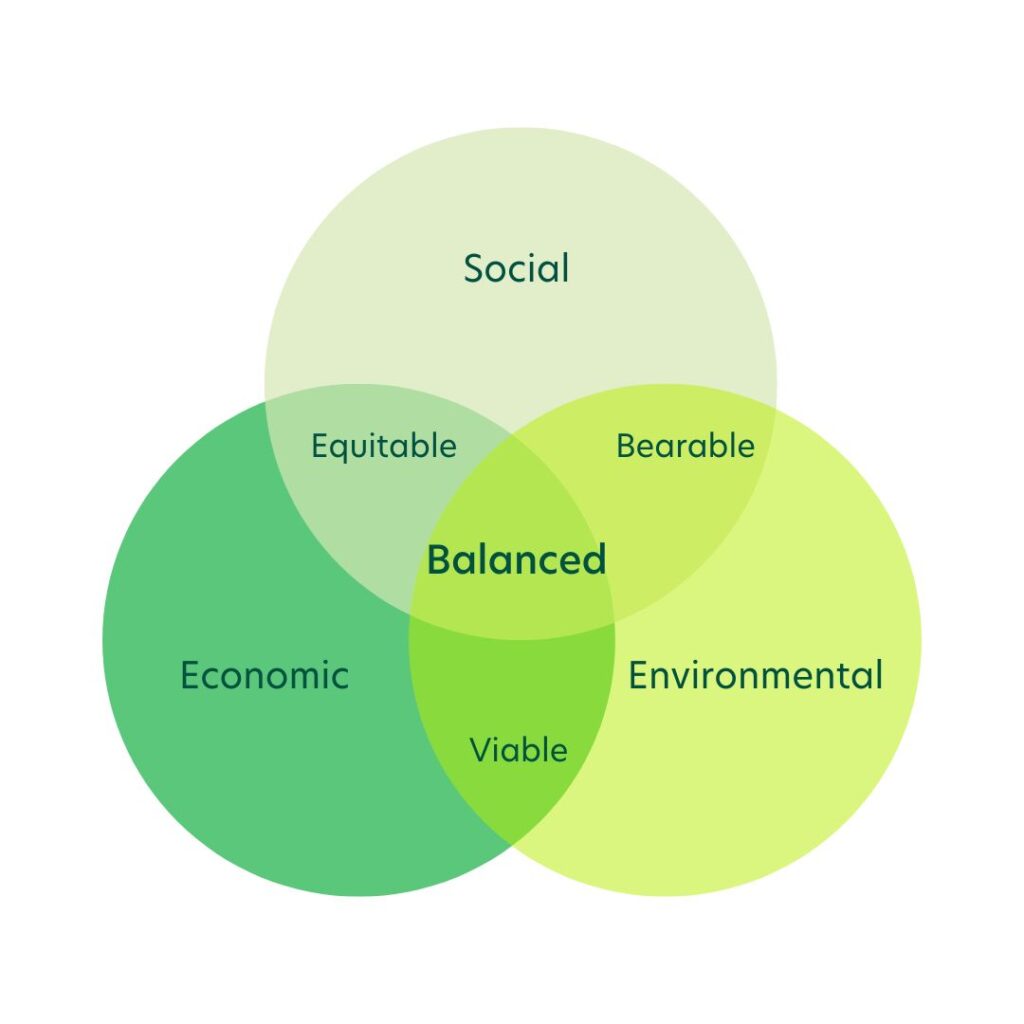
Techniques, technologies and methods that support balanced farming
Balanced farming also involves using data-driven technologies to optimise resource use and minimise waste, while also prioritising the well-being of people and the planet. It involves a range of techniques and technologies, such as precision farming, crop rotation, and regenerative agriculture.
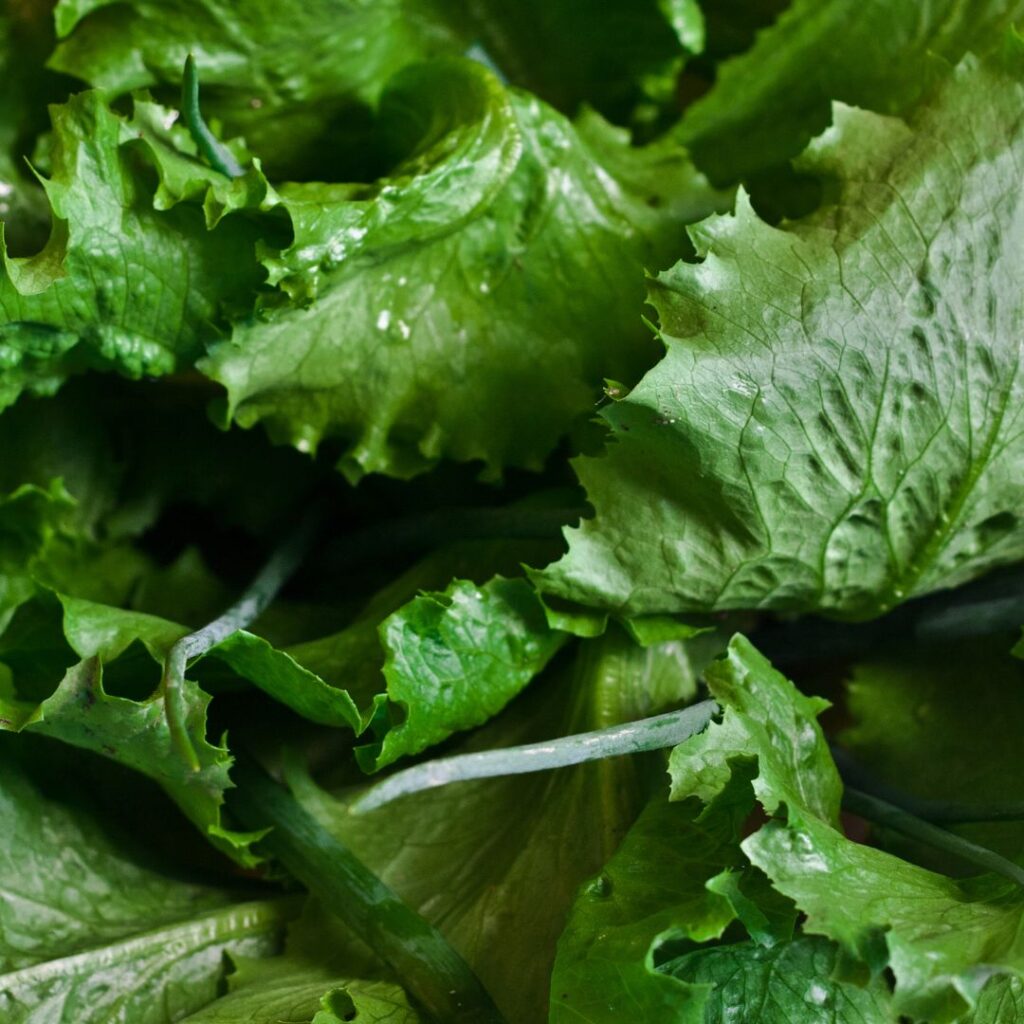
Precision Farming
An approach to farming that utilises technology and data to optimise the use of resources and increase efficiency.
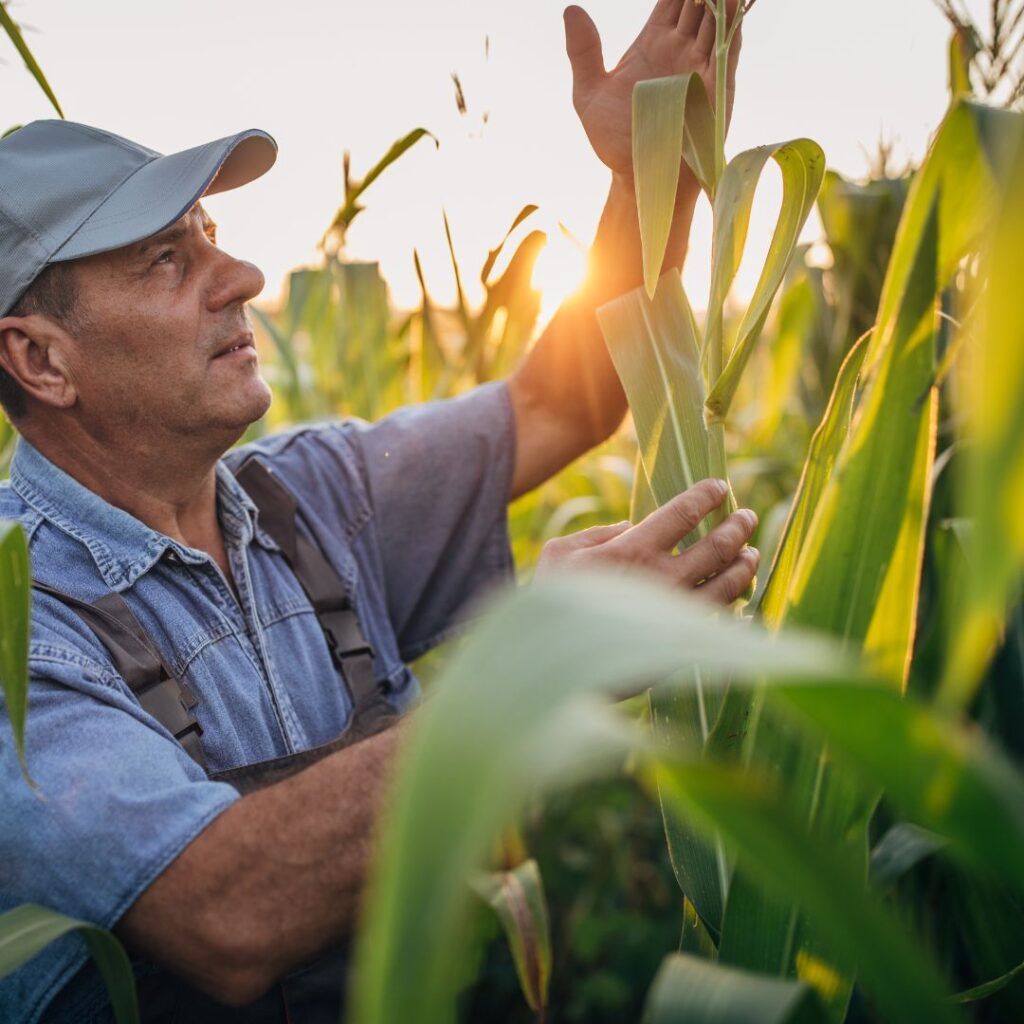
Crop Rotation
A farming practice that involves growing different crops in the same field in a planned sequence over a period of time.
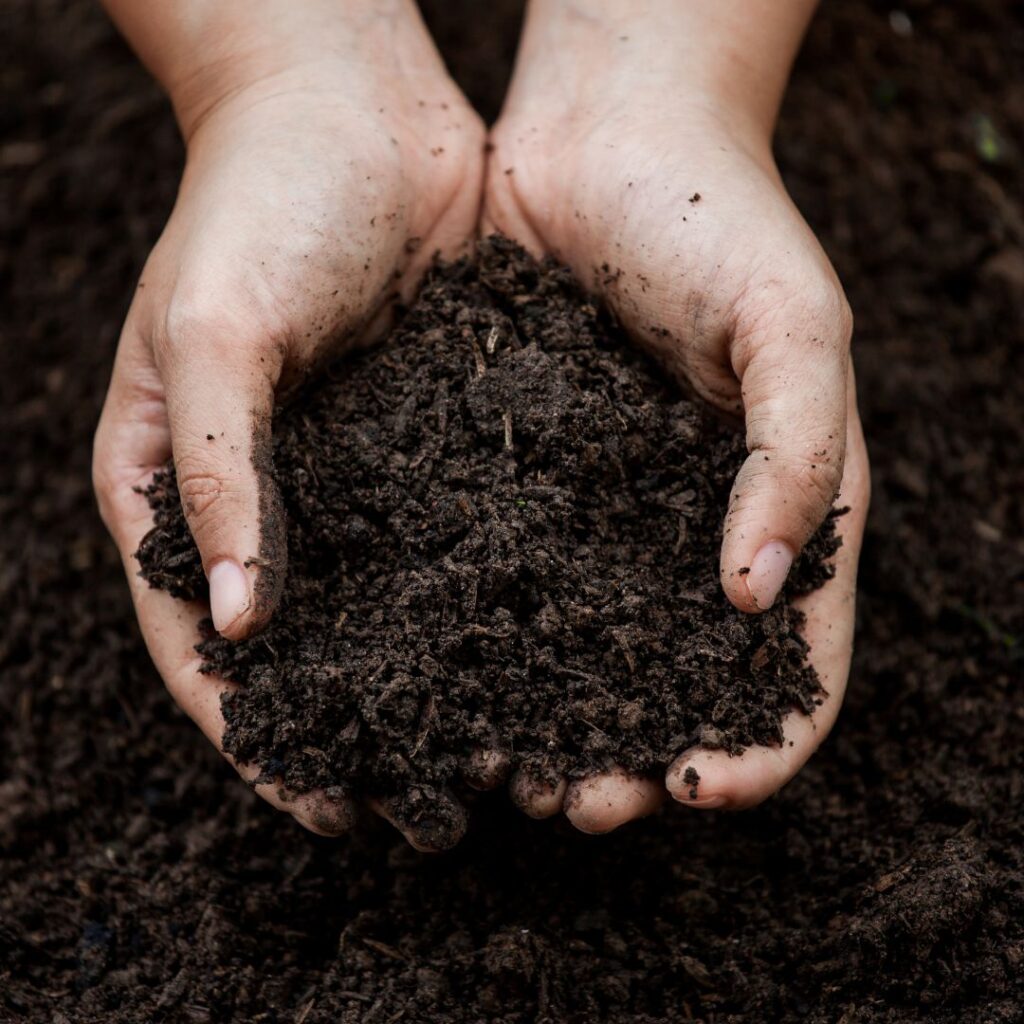
Regenerative Agriculture
An approach to farming that focuses on rebuilding and enhancing soil health, biodiversity, and ecosystem services.
Precision Farming
Precision farming, also known as precision agriculture, is an approach to farming that utilises technology and data to optimise the use of resources and increase efficiency. It involves collecting and analysing data from various sources, such as satellite imagery, sensor information, and drone footage, to create detailed maps of fields and identify areas with different nutrient and moisture requirements. This information is then used to guide the application of fertilisers, pesticides, and irrigation, enabling farmers to target specific areas of their fields and avoid over-application.
By using precision farming techniques, farmers can reduce costs, increase yields, and minimise environmental impacts, making it an important tool for the future of sustainable agriculture.
Crop Rotation
Crop rotation is a farming practice that involves growing different crops in the same field in a planned sequence over a period of time. This practice is used to maintain soil health and fertility, control pests and diseases, and increase crop yields. Each crop has different nutrient requirements and interacts with the soil and microorganisms in different ways, so rotating crops can help to prevent soil nutrient depletion, reduce soil erosion, and improve soil structure.
Crop rotation can also help to break the lifecycle of pests and diseases that may build up in the soil over time, reducing the need for chemical inputs. The specific rotation sequence used depends on the crops grown, climate, soil type, and other factors, and may involve different types of crops such as legumes, cereals, and vegetables.
Regenerative Agriculture
Regenerative agriculture is an approach to farming that focuses on rebuilding and enhancing soil health, biodiversity, and ecosystem services. This is achieved through a range of practices, including crop rotation, cover cropping, reduced tillage, and the use of natural fertilisers and pest management strategies. Regenerative agriculture also emphasises the importance of integrating livestock into farming systems, using grazing and other management practices to improve soil health and nutrient cycling.
By improving soil health, regenerative agriculture can increase the productivity and resilience of farming systems, while also reducing environmental impacts such as soil erosion, water pollution, and greenhouse gas emissions. In addition to its environmental benefits, regenerative agriculture can also have social and economic benefits for farmers, such as increased yields, reduced input costs, and improved farm profitability.
Overall, regenerative agriculture is an important approach for sustainable agriculture, helping to support healthy ecosystems, resilient farming systems, and thriving communities.
Benefits of balanced farming
Balanced farming, as envisioned by Farm21, has several benefits for both farmers and society as a whole.

Improved soil health and productivity
Balanced farming focuses on regenerative practices that improve soil health, such as crop rotation, cover cropping, and reduced tillage. These practices can increase soil fertility, water-holding capacity, and nutrient availability, leading to higher crop yields and improved productivity over time.
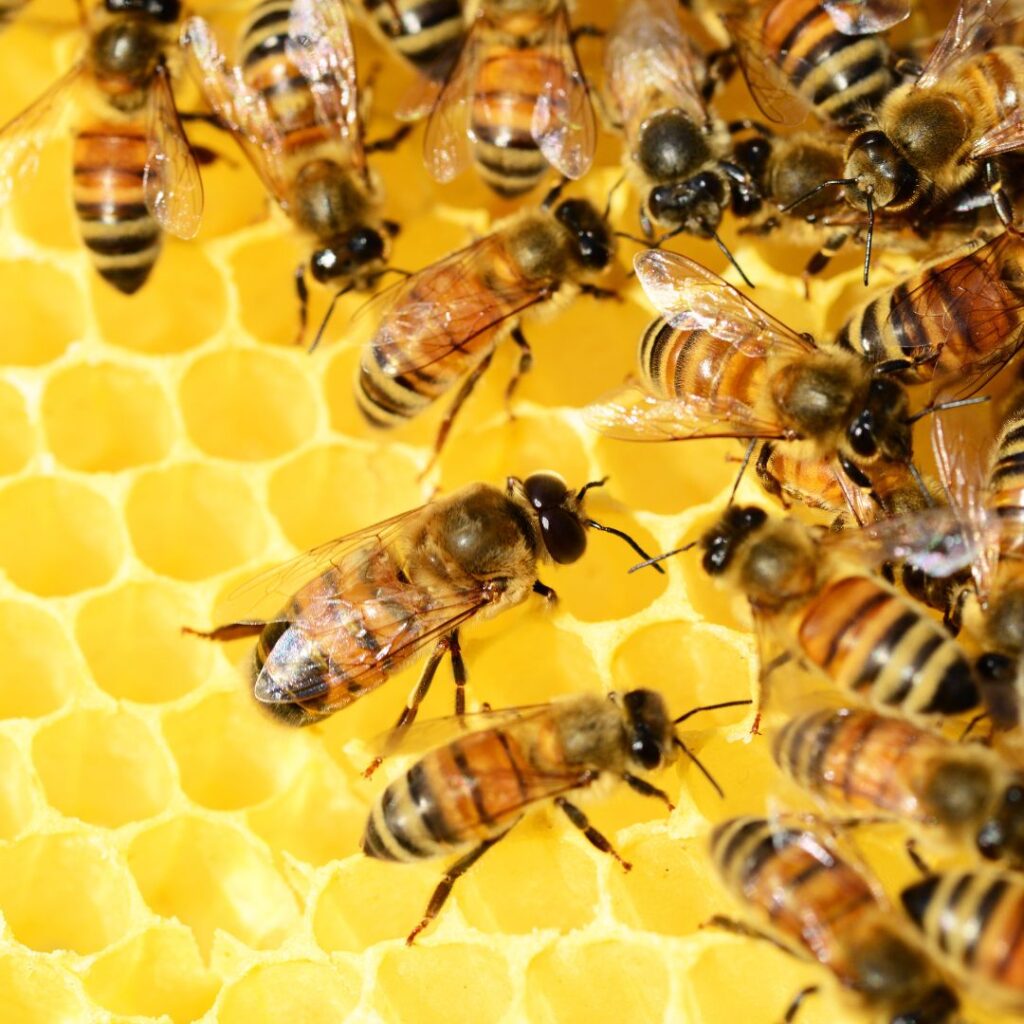
Reduced environmental impacts
By prioritising environmental sustainability, balanced farming can help to reduce the negative impacts of agriculture on the environment. This includes reducing greenhouse gas emissions, improving water quality, and protecting biodiversity, leading to overall sustainability.
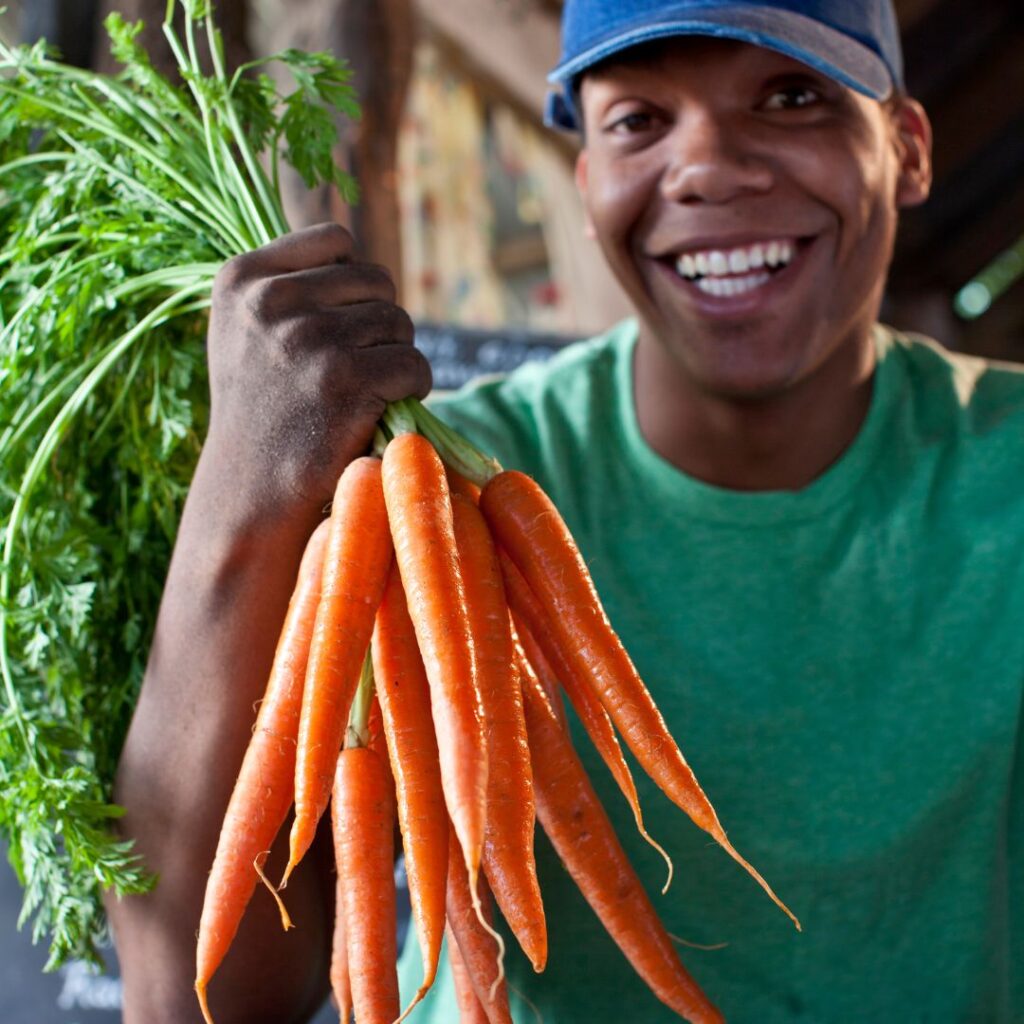
Long-term economic viability
By adopting balanced farming practices, farmers can improve their financial viability over the long term. This can be achieved by reducing input costs, improving yields, and accessing new markets for sustainably produced food. This can also help small-scale farmers to make a sufficient living.
Farm21’s practical tools to help us achieve balanced farming
Our mission is to provide farmers with the knowledge and skills required to produce and grow in a balanced way while supplying the necessary tools and technologies to achieve this.
It includes developing platforms and apps to help farmers manage their land and crops with overall balance, providing accurate risk assessment solutions, developing sensors to collect crucial data, and establishing an academy to offer training to build knowledge in our target audience.
At Farm21, we are committed to promoting balanced farming through data-driven technologies. Our approach involves using multiple data input sources like soil moisture sensors and satellites, data analysis, and machine learning to optimise crop growth and resource use. By providing growers, researchers and crop advisors with real-time data on crop health, soil moisture, and multiple other parameters, we can help them make informed decisions about resource allocation and improve their yields. Our tools include:
Soil Moisture Sensors
At Farm21, we offer a robust and easy-to-use soil moisture sensor solution that measures the seven most critical values needed by farmers including soil moisture at three different depths, soil temperature at two different depths, air temperature and air humidity in the micro-climate.
Our sensors are plug and play, making them incredibly easy to install, and our solution is one of the most affordable products in the market. In addition to being easy to use and affordable, our soil moisture sensors also come with excellent customer support. We’re here to help farmers get the most out of their investment and optimise their irrigation and fertilisation practices to maintain profitable crop yields while reducing inputs. Our soil moisture sensor offering is a valuable tool for anyone looking to increase their efficiency and sustainability.
Smart Farming Data Platform
Farm21’s app and smart data platform offers users a powerful and easy-to-use digital farming platform that combines information from soil sensors, satellites, weather, and scouting to provide valuable insights into farming operations.
Our platform offers real-time insights that are streamed straight to your smartphone, allowing farmers to make data-driven decisions quickly and efficiently. With our app, farmers can access important information about soil moisture levels, weather patterns, water risks, crop growth, and more all in one convenient location. Our platform’s user-friendly interface makes it easy to visualise and understand the data, enabling users to optimise their farming practices.
Education and training
Farm21 is committed to precision farming training and education, offering a range of resources and tools to help farmers stay up-to-date with the latest agricultural technologies and practices. We believe that by providing education and training to growers and consultants, we can help them increase their efficiency, profitability, and sustainability.
Our training and education resources include online courses, webinars, instructional videos, and in-person workshops, all designed to help farmers learn about the latest precision farming techniques and technologies. Our team of experts is always on hand to provide support and answer questions, ensuring that clients have the knowledge and resources they need to succeed.
Curious to find out more about Farm21’s solution?
Conclusion
In addition to our data-driven approach, we are also committed to promoting social and environmental sustainability. We believe that farming should be a force for good, and we work closely with growers to ensure that our technologies are being used in ways that benefit people and the planet.
In conclusion, we believe that balanced farming is the future of agriculture. By taking a holistic approach to food production and prioritising factors that lead to overall sustainability, we can create a world where food is produced in a way that benefits everyone.


